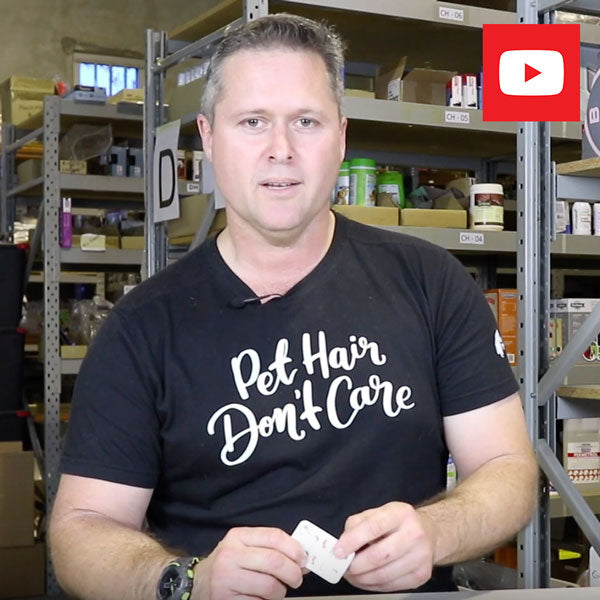Is your furry friend constantly scratching, licking, or chewing their skin? An itchy pet can be a frustrating issue, but understanding the common causes and available treatments is the first step to providing relief. From parasites and allergies to secondary infections, a variety of factors can contribute to skin irritation in dogs and cats. Here on our Itchy Pets page, you'll find expert guidance on identifying the underlying issue, as well as solutions to soothe your pet's discomfort.
Is your furry friend constantly scratching, licking, or chewing their skin? An itchy pet can be a frustrating issue, but understanding the common causes and available treatments is the first step to providing relief. From parasites and allergies to secondary infections, a variety of factors can contribute to skin irritation in dogs and cats. Here on our Itchy Pets page, you'll find expert guidance on identifying the underlying issue, as well as solutions to soothe your pet's discomfort.





































































